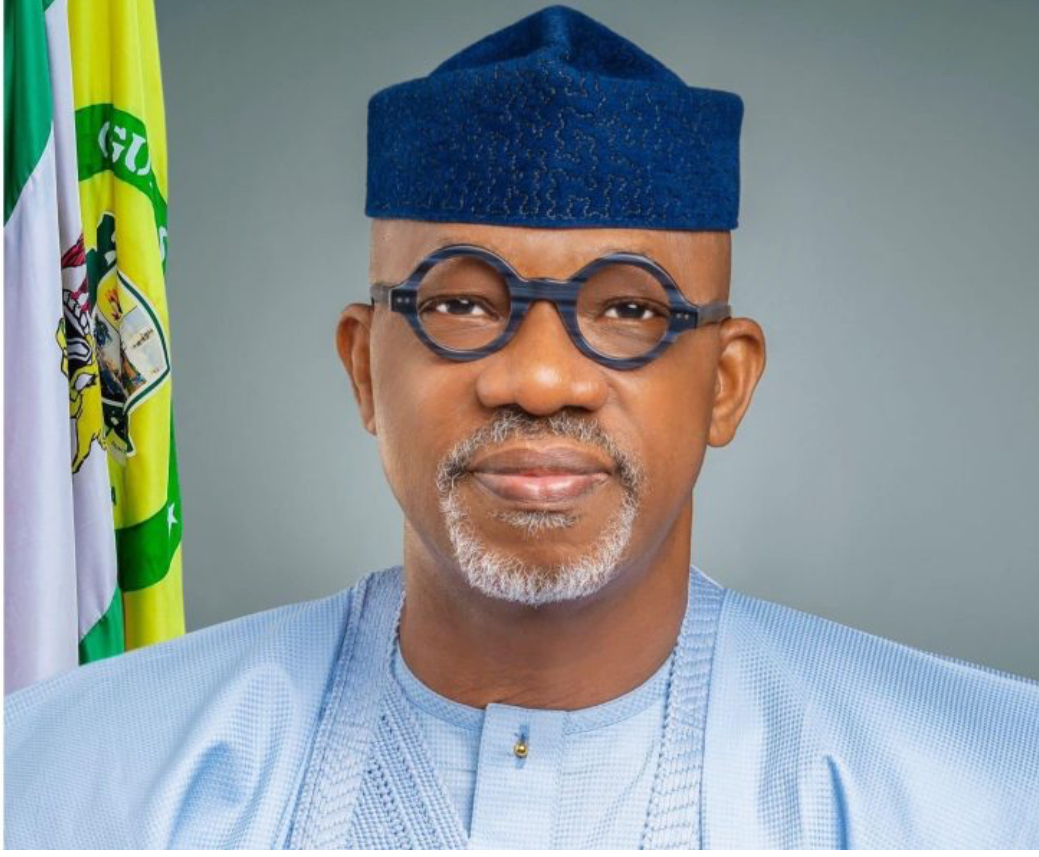SIR: Ogun State is on the list of states where there will be a change of baton in 2027. At the right time, the governorship position will be up for grabs. For now, the ruling All Progressives Congress (APC) and incumbent Governor Dapo Abiodun are taking their time to weigh all possible options before unveiling the agreed succession plan.
The people can’t wait to see the face of the candidate who will fly the party’s ticket in the next election – someone with the capacity, requisite knowledge, experience, and shared vision to take the state to the next level, consolidate and sustain the good policies of the Abiodun administration, and maintain the positive trajectory of the state’s economy.
While waiting in genuine anticipation for the future leadership, the Yewa/Awori people in Ogun West, whose turn it is to produce the next governor, have not relented in their strident voice supporting the ambition of Senator Solomon Olamilekan Adeola (aka Yayi) to lead the state. It is worth stating that his overwhelming support is not a blind endorsement. On his merit, Adeola has warmed his way into the hearts of the teeming populace, representing his constituents with a blaze of glory.
Over the last two years of his ascension to the Senate, he has built a strong connection with the people at the grassroots. In Nigerian politics, direct connection and visible impact at the local level are crucial for creating a formidable political base. Even during his extensive legislative career representing Lagos constituencies, Adeola maintained strong ties to his Ogun State roots.
He has effectively leveraged these elements, leading to widespread recognition and strong support across Ogun State. He has implemented significant projects that have transformed several rural communities. He has consistently engaged in philanthropic activities, community outreach, and various empowerment programmes within Ogun West and beyond.
These initiatives include scholarships and educational support, skill acquisition programmes for youth and women, essential amenities like boreholes, transformers, and solar lights, construction and renovation of schools and health centres, direct financial empowerment for market women, artisans, and small business owners, among others.
On this note, a few examples of initiatives and projects he has facilitated in his Ogun West constituents will suffice. Notable among the roads he has facilitated include the Ilara/Ijoun/Oja Odan/Ifonyintedo/Ilashe road project (over 100 km), Ilashe-Okere Township Road, Sabo-Babalawo Road, Idogo-Ipaja Road, and sections of the Abeokuta-Iboro-Ilaro Road. This network of roads has significantly improved connectivity and the economy.
In the education sector, Adeola has made significant impacts, including construction of over 150 new classrooms in primary and secondary schools across multiple locations, renovation of dilapidated school buildings and provision of school furniture and establishment of well-equipped Information, Communication, and Technology (ICT) centres in various schools and community centres to enhance computer literacy and digital skills.
One unique thing about the nature of these projects is that they address immediate, felt needs at the local level. By providing tangible benefits that directly impact daily lives like improved classrooms, access to water, or job training, Adeola has built a strong and loyal base of support from the ground up.
To date, Adeola focuses more on rural communities, knowing that they are densely populated and are crucial electoral battlegrounds.
Some estimates suggest that nearly half of Nigeria’s population lives in rural areas. Whereas urban areas are more diverse and voters more fragmented in their allegiances, rural communities often have more cohesive voting patterns influenced by local leaders, traditional rulers, religious figures, and direct community engagement from politicians.
Credit:The Guardian

